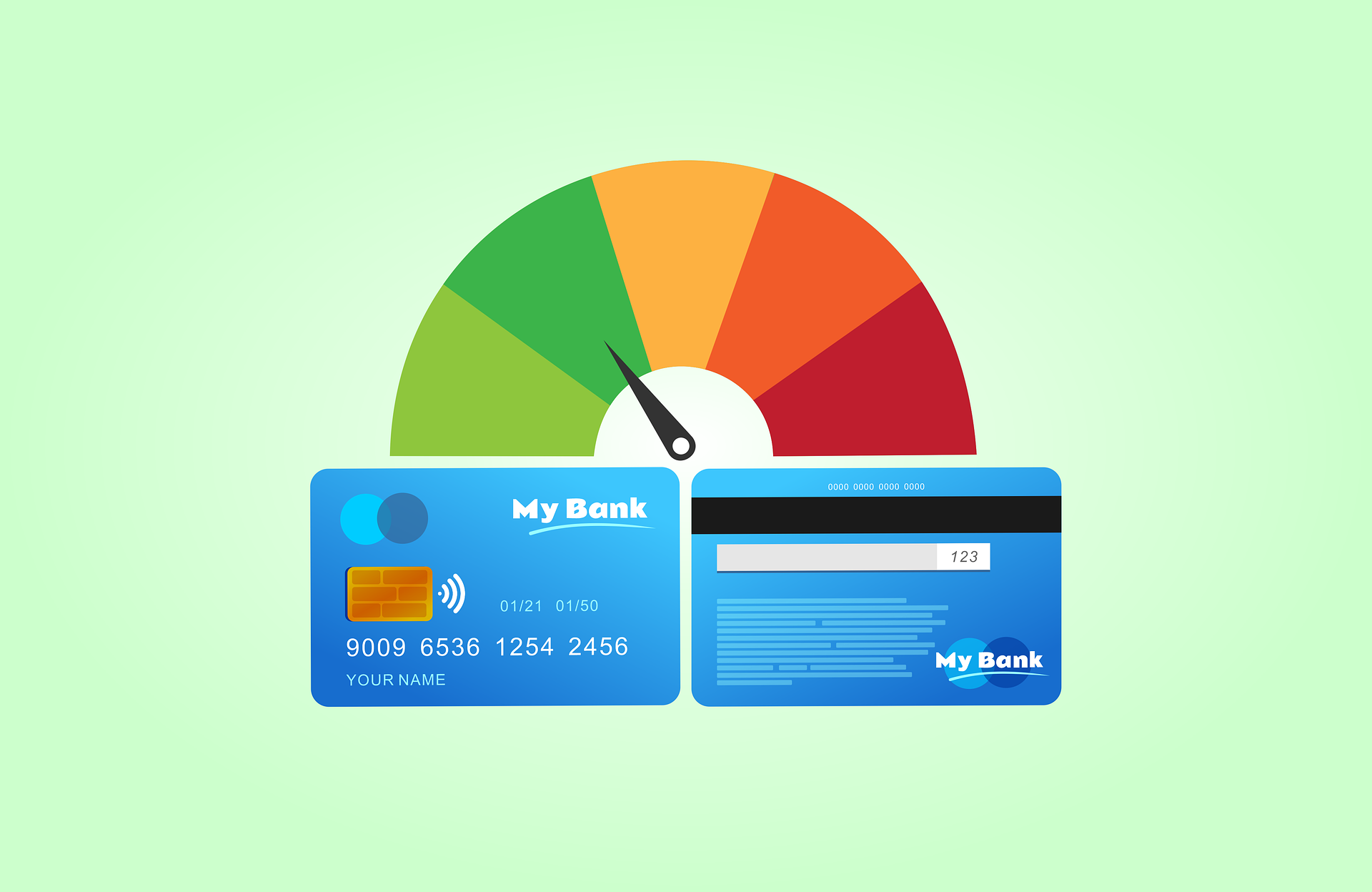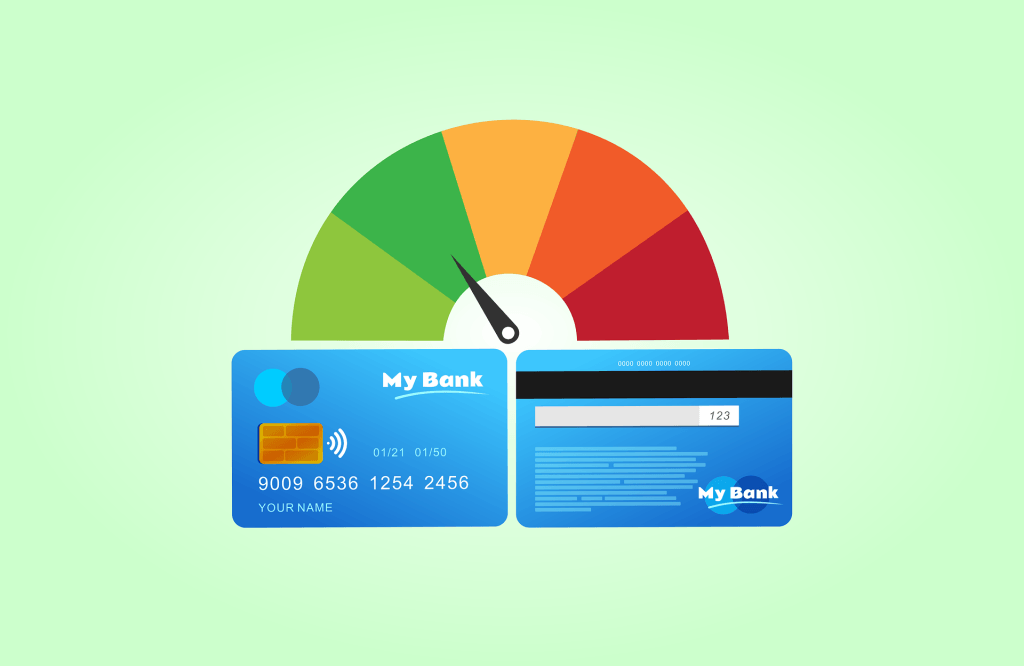The Fair Credit Reporting Act (FCRA) is a legislation designed to protect consumers’ rights regarding their credit information. Enacted in 1970, the FCRA promotes the accuracy, fairness, and privacy of consumer information held by credit reporting agencies. This act serves as a safety net for credit reports when obtaining loans, credit cards, and even job opportunities. Errors can be easily challenged, and consumers can retain some control over their credit data.
Understanding the implications of FCRA can empower consumers to protect their financial reputations, avoid potential pitfalls, and maintain a healthy credit score. Below, we dive into the components of the FCRA and what consumers must be aware of to make informed financial decisions.

Credit Reports and Their Importance
Credit reports are documents that encapsulate an individual’s borrowing and repayment history. They determine creditworthiness and impact their ability to secure loans, mortgages, and even rental agreements. A financial institution consults credit reports to assess risk before granting loans; reports can directly affect interest rates and other borrowing terms.
There are many factors that contribute to credit reports, including payment history, credit utilization ratios, length of credit history, types of accounts, and recent inquiries. Neglecting to understand the importance of these factors can lead to decisions that may adversely affect financial health.
How to Dispute Inaccuracies
Disputing inaccuracies in credit reports is a fundamental aspect of managing credit health. If an error is detected, the first step is to contact the relevant credit bureau with a formal dispute. Submit a letter that specifies the inaccuracies and provides supporting documents. The credit bureau then has 30 days to investigate the claim, during which time it may contact the creditors involved.
If the dispute is resolved in your favor, the bureau must amend the report accordingly and inform you of the results. If you encounter difficulties throughout this process, obtain fair credit legal help to help you out. Legal professionals specializing in this field can assist you in these complex disputes so that your rights are upheld as you challenge inaccuracies in your credit report.
Your Rights Under the FCRA
The Fair Credit Reporting Act grants consumers several rights, emphasizing the importance of accuracy and privacy. Among the primary rights is the ability to request a free copy of your credit report once a year from each of the three major credit bureaus. Consumers are entitled to dispute inaccuracies; if a consumer identifies an error, the reporting agency must investigate and resolve the issue promptly.
Businesses are prohibited from obtaining an individual’s credit report without their consent, which protects consumer privacy. In cases of identity theft or fraud, the FCRA allows victims to place fraud alerts on their credit reports to warn future creditors. These rights provide a clear path towards maintaining the integrity of someone’s financial information.
The Role of Credit Reporting Agencies
Credit reporting agencies gather and disseminate consumer credit information. Equifax, Experian, and TransUnion collect data from creditors, lenders, and public records to compile detailed consumer profiles. This information is then packaged and sold to creditors who rely on credit reports to evaluate potential borrowers.
Their responsibilities guarantee the accuracy of the information they provide; inaccuracies can lead to serious repercussions for consumers. For this reason, agencies must comply with the regulations set forth by the FCRA. If they fail to do so, they can be held liable for damages arising from incorrect reporting or mismanagement of consumer data. Understanding the agencies’ roles helps consumers grasp the broader picture of credit reporting and enables them to interact with these entities more confidently.
Implications of Identity Theft
Identity theft is a growing concern, with considerable implications for victims’ credit health. When an individual’s personal information is stolen, it can be used to open unauthorized accounts, acquire loans, or make purchases in their name. These actions can devastate a person’s credit score and result in complications when trying to secure legitimate credit in the future.
The FCRA can address identity theft, granting victims the right to request an accurate account of all transactions made with their information. In such cases, they are permitted to place a fraud alert on their credit reports and can request that fraudulent information be removed. Being proactive in monitoring your credit report can catch identity theft early and mitigate its long-lasting effects.
Limitations and Enforcement of the FCRA
The FCRA offers robust protections; consumers need to understand its limitations and the mechanisms in place for enforcement. The Federal Trade Commission (FTC) and the Consumer Financial Protection Bureau (CFPB) oversee compliance with the FCRA and investigate violations. Enforcement relies on consumers recognizing when their rights have been violated and taking action.
The FCRA does not guarantee complete immunity from errors or misuse of data, and some aspects of credit reporting may fall into legal gray areas. Consumers must remain vigilant, document interactions with credit bureaus and creditors, and seek legal recourse if their rights are not respected.
Monitoring Your Credit
All consumers should regularly monitor their credit to prevent, identify, and resolve issues proactively. Consumers can access their free annual credit reports and take advantage of tools like credit monitoring services that alert them to changes in their credit profiles. Understanding your credit score and what impacts it positively or negatively enables consumers to make informed financial decisions.
Consistent monitoring allows individuals to be aware of their financial standing, keeping them prepared for loan applications or other matters that rely on creditworthiness. If you notice any inconsistencies or unfamiliar accounts, acting quickly can save you from further complexities.
How Credit Freezes Offer Additional Protection
Aside from monitoring credit reports, consumers can take further action by placing a credit freeze on their files. A credit freeze restricts access to your credit report, making it difficult for identity thieves to open new accounts in your name.
Unlike fraud alerts, which notify potential lenders of suspicious activity, a freeze actively blocks credit checks unless temporarily lifted by the consumer. This added layer of security is useful for those who suspect their data has been compromised or want to minimize the risk of unauthorized activity. Freezing and unfreezing credit reports is free and can be done online through each of the major credit bureaus.

The Fair Credit Reporting Act is a must for consumers aiming to protect their credit rights. By understanding the importance of credit reports, knowing your rights, disputing inaccuracies, recognizing the role of credit reporting agencies, addressing identity theft implications, and monitoring your credit, you can manage your financial profile proactively. Being informed equips you to safeguard your financial future so that your credit report accurately reflects your financial history and choices.

Peyman Khosravani is a global blockchain and digital transformation expert with a passion for marketing, futuristic ideas, analytics insights, startup businesses, and effective communications. He has extensive experience in blockchain and DeFi projects and is committed to using technology to bring justice and fairness to society and promote freedom. Peyman has worked with international organizations to improve digital transformation strategies and data-gathering strategies that help identify customer touchpoints and sources of data that tell the story of what is happening. With his expertise in blockchain, digital transformation, marketing, analytics insights, startup businesses, and effective communications, Peyman is dedicated to helping businesses succeed in the digital age. He believes that technology can be used as a tool for positive change in the world.









